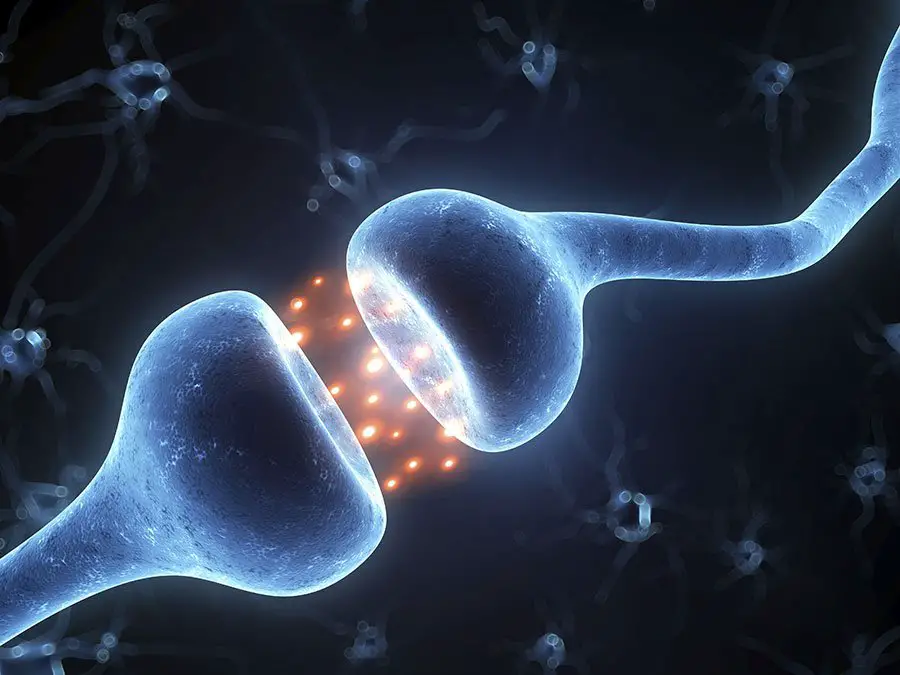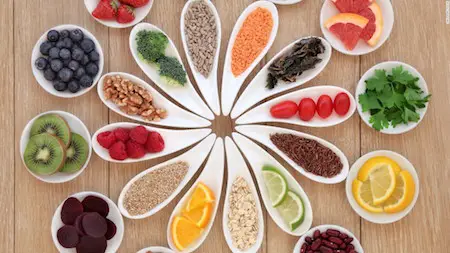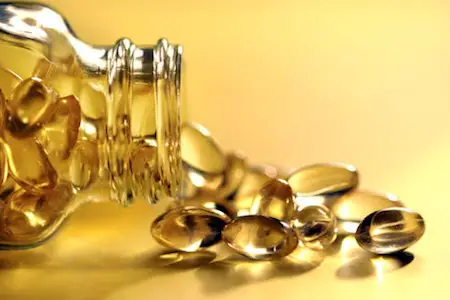Medically review by Kim Langdon

Hormones are the substances produced in the body that keep things in line. They're there to keep things regular.
So, what happens when our hormones are all out of whack?
It's a bit like shaking up your insides like a snow globe.
Our bodies are pretty resilient, but long-term hormone dysfunction brings on a slew of issues in its wake, and it can be hard to identify the issue itself, let alone a solution.
Between stress and diet, there are tons of factors that can lead to serious disruption. Fortunately, hormones will be functioning optimally, if we focus on healthy lifestyle habits.
Considering alternative treatments often includes synthetic hormones or other medications, but it's ideal to balance hormones the all-natural way if possible.
There are a few key hormone functions we should aim to keep healthy, and we've got some simple ways to do so.
Eat a proper diet

Healthy, nutrient-dense foods rich in vitamins, minerals, antioxidants and the correct balance of macronutrients (fat, protein, and carbohydrates) are the best way to create a long-term solution to balancing hormones and addressing hormonal issues.
If you're looking for some guidance, consider our 7 Day Make Ahead Meal Plan to help get you on the fast-track to eating for your hormones.
You should be eating foods rich in the following vitamins and minerals, in particular.
While you certainly can supplement with vitamins or one quality multi-vitamin, the best and most bioavailable sources of vitamins are from real food.
Let's talk feeding your hormones!
Manage stress

Stress can throw hormones way out of whack. Cortisol - the stress hormone - and chronic stress keeps its levels elevated.
This is the hormone that manages your "fight or flight" response, so if your cortisol is always up, your body is always kinda, sorta in that mode.
As you can imagine, this isn't very healthy, especially for hormones.
Both chronic stress and lack of sleep contribute to raised cortisol levels, and they often accompany one another.
It's a vicious cycle, as poor sleep is both physically and mentally stressful to the body.
Other factors playing into stress include overtraining, eating foods you're sensitive/allergic to, and constant exposure to toxins.
It's not all mental - these factors put chronic physical stress on the body.
Stress contributes to weight gain, premature aging, and other hormones; your fertility can be impacted by stress, as elevated cortisol levels often mean decreased progesterone levels.
See? If one hormone is off-balance, another is probably following suit. Don't let the cycle get you down.
If you're having trouble managing stress through good sleep, meditation, regular exercise, and other general coping mechanisms, consider trying adaptogenic herbs like Ashwagandha powder - these supplements have no negative side effects, and can significantly reduce the impact that stress has on the body and hormones.
Get your omega-3 fatty acids right

The real problem with omega-3s and hormones is not that we're not getting enough omega-3s, generally speaking, and this is especially true if you're eating a real food diet already.
The issue comes into play when our omega-6 fatty acid levels are a bit too high. See, our bodies and hormones function best when the balancing game is played just right, at around a 1:1 to 1:3 ratio. We need a little bit of both.
Omega-6s are present in processed vegetable oils and grain-fed meat, which are huge staples in the standard Western diet, fast food, and packaged foods.
While we do need some, the overload contributes to inflammatory disease heavily, which outweighs the many positive effects of omega-3s.
Thus, many people are pretty heavy on the omega-6 side quite naturally, and they aren't getting enough omega-3s to level out the 'scale.' Taking fish oil supplements everyday simply isn't going to cut it.
Omega-3s can impact hormones in many positive ways. For example, higher omega-3 intake is associated with reduced menstrual cramp pain, premature birth risk, risk of PCOS, menopause symptoms and infertility.
Incorporate foods rich with the good fatty acids in your diet including salmon, eggs, pumpkin seeds, and walnuts.
Better yet, avoid loading up on omega-6 fatty acids in the form of refined oils especially - opt for coconut oil, avocado oil or olive oil instead.
Increase the intensity

While increasing your training can be a grave mistake in hormone health, if your schedule is already a bit demanding, there's nothing wrong with optimizing training so that it works for you rather than against you.
Sometimes, this means stepping up your game.
Remember: overtraining puts the body under significant physical stress and keeps cortisol levels high.
Much like omega-3s and omega-6s, our recommendation to incorporate high-intensity interval training (HIIT) is ALL about finding a balance.
HIIT-style workouts are fantastic because they take up around 20-30 minutes, and you don't need to do them everyday to reap the benefits.
Think of bodyweight circuits, sprints on the treadmill or outside, or kettlebell training - these routines include explosive movement, short breaks, and variety which our bodies respond to incredibly well.
Overall, exercise reduces inflammation, lowers stress, helps you get in touch with natural hunger cues, and aids in weight loss by revving up the metabolism a little bit.
Naturally, it has the potential to address hormonal problems that negatively impact these facets of health.
HIIT training is a viable option for people who can't handle much extra bodily stress due to currently hormonal issues they face, but want to find a healthy way to reap the benefits of regular exercise.
Give up coffee & alcohol

During the 9 weeks of Happy Body Formula, we take on a little challenge at the beginning - no coffee and no alcohol!
It's not that these things are inherently bad for you. Coffee and wine both have their benefits, but the truth is that many of us rely on these things.
The other truth?
Well, many of us aren't just having one cup in the morning and one glass in the evening.
When it comes down to it, both of these drinks are somewhat toxic, and reducing our toxic load can work wonders for hormone health.
Excessive alcohol consumption can lead to estrogen dominance, which impacts vital organs such as kidneys and liver.
This compromises our body's natural ability to detox, which means you accumulate extra estrogen.
Too much caffeine has the ability to mimic stress quite well.
Think about a time when you've drunk a bit too much coffee in the morning, and you might recall increased heart rate, sweating, dizziness, and rapid-fire thoughts - much like anxiety!
It makes sense that coffee can raise cortisol levels, so a serious affinity for a latte (and maybe another...) can contribute to chronic bodily stress and hormone dysfunction.
Consider cutting back on coffee and/or wine, or eliminating it altogether to better observe their effects when you do reintroduce them.
We hope you found this article helpful. Many of us can afford to improve hormonal health, even if we don't have any obvious symptoms. Spread the knowledge and share our healthy hormone tip.
This article was fact checked for accuracy by Dr. Kim Langdon, MD. As always, this is not personal medical advice and we recommend that you talk with your doctor.
References
Kimberly Langdon M.D. is a retired University-trained obstetrician/gynecologist with 19-years of clinical experience. She delivered over 2000 babies to mothers in a suburban Midwestern community.

